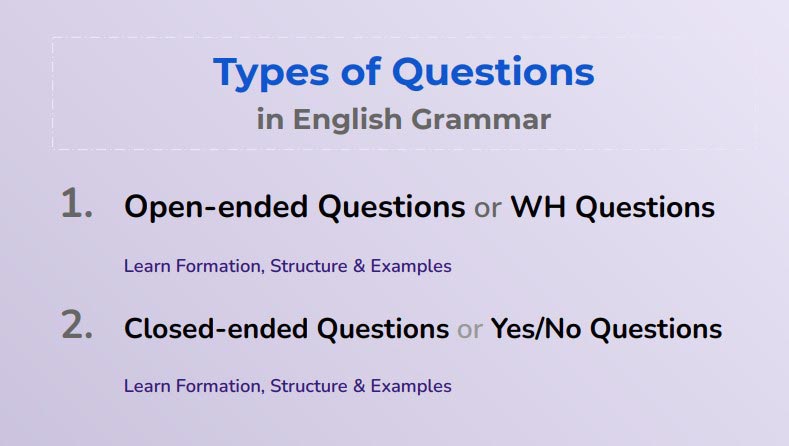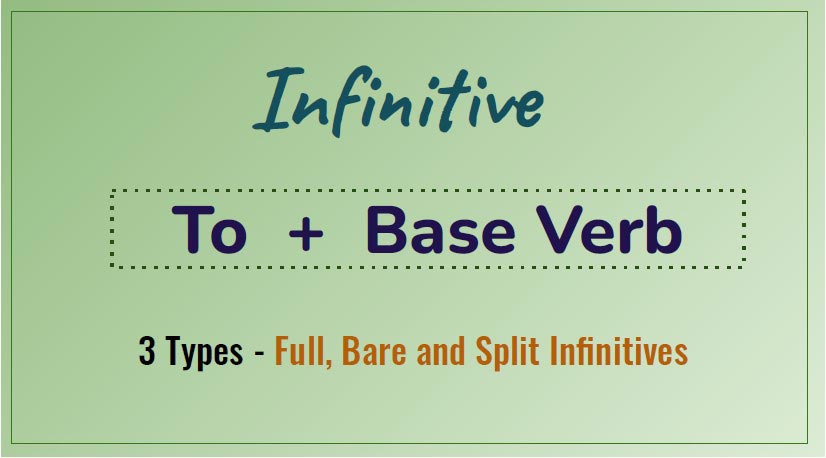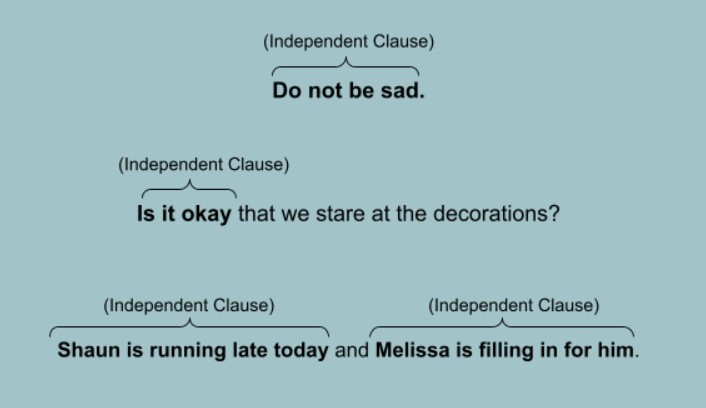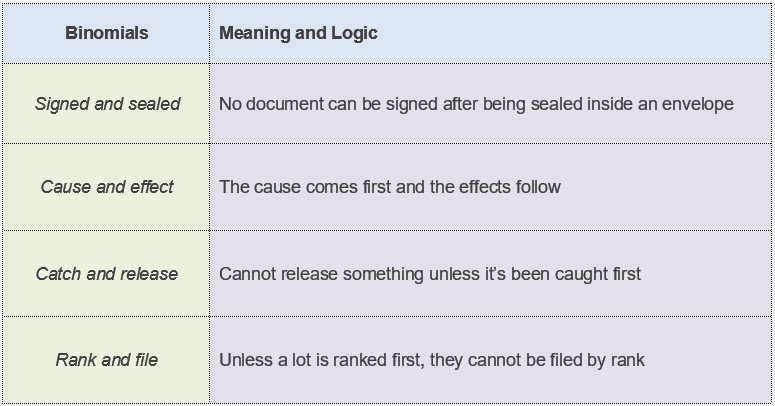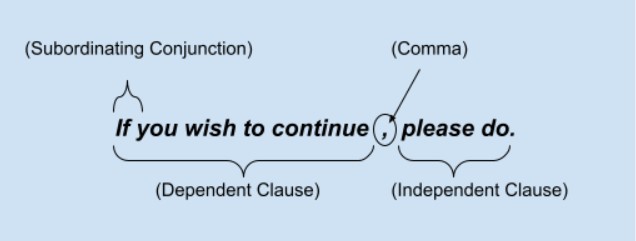Interjection: Definition, Types and Examples

What is Interjection
An interjection is a kind of exclamation inserted into regular speech. Actually, it is a brief and abrupt pause in speech for expressing emotions.
They are unique and have some interesting features:
- Interjections don’t have a grammatical function in sentence construction.
- They usually cannot be modified or inflected.
- They do not have to have a relation to the other parts of the sentence.
- They are highly context-sensitive.
In spoken language, interjections are the words we instantly use to show our reaction to something which influences our emotion. They are the initial reaction and sometimes do not even make sense. However, for formal speech or writing, using interjections is not appropriate.
Types of Interjections
- Primary Interjection
- Secondary Interjection
- Mild Interjection
- Strong Interjection
- Volitive Interjection
- Emotive Interjection
- Cognitive Interjection
There are basically two types of it and they are -
1. Primary Interjection
The words that are exclusively interjections and cannot be classified as any other Parts of Speech are called Primary Interjections.
Examples:
| List of Primary Interjections | |||
| Phew | Wow | Oh | Blah |
| Huh | Aw | God | Oops |
| Hurray | Yuck | Gee | Ugh |
| Ouch | Alas | Geez | Meh |
- Oops, My bad.
- Wow! You had time to join us.
- Alas! I couldn’t be there on time.
2. Secondary Interjection
The Nouns, Adjectives, and other Parts of Speech that act as interjections on occasions are called Secondary Interjections.
Examples:
- Indeed, I was waiting for your premonitions.
- Goodness! How did you go through all these books in a day?
- Holy cow! You're the last person I expected.
Based on the severity of the expressions, Interjections are categorized into two types -
1. Mild Interjection
The relatively mild expression of feelings and emotions is usually called Mild Interjections. These types are typically separated from the rest of the sentence by commas.
Examples:
- Oh, I was looking for you.
- Well, it wasn't very easy.
- Hmm, I'm doing well.
2. Strong Interjection
The strong outbursts of expression are determined as Strong Interjections. These types are typically separated from the rest of the sentence by exclamation marks.
Examples:
- Yay! I finally passed.
- Bingo! Found it.
- Ouch! That hurt.
Based on the kind of emotions conveyed, Interjections are divided into three categories -
1. Volitive Interjection
Commands, requests, and wishes are usually expressed with Volitive Interjections. In the speech, "I want" expressions are replaced with Volitive Interjections.
"Enough" expresses the wish to stop listening to someone and maybe put forward a contesting statement. "Shoo" tends to express the speaker's wish to drive someone away.
Examples:
- Shh (I want you to be quiet) - Shh! We have to keep it quiet.
- Ahem (I request your attention) - Ahem! I was looking at another problem.
- Psst (I want to attract attention in secrecy) - Psst! I've started working out.
2. Emotive Interjection
The words to express sudden spur of emotions like surprise, delight, sorrow, disgust and fear are Emotive Interjections. These types usually replace the "I feel" expressions in speech.
"Eww" means to convey - "I feel disgusted" and "Phew" means to express - "I feel relieved".
Examples:
- Ugh (I feel disgusted) - Ugh! What is that filthy smell?
- Ouch (I feel hurt) - Ouch! These ants sting.
- Yippee (I feel elated) - Yippee! We ended the year victorious.
3. Cognitive Interjection
Words that are born off cognition and used as exclamations are called Cognitive Interjections. These types are used to convey the feelings and emotions that people come across and understand through experience.
Examples:
- Well, I'll try harder.
- Bravo! What a performance!
- Gosh, you're so fast.
Interjections mainly have four roles:
Rule 1: Interjections express a sudden mood, emotions, and feeling with emphasis. There are also many taboo words that are usually used in everyday conversation but not in formal aspects. These words fall into the category of interjections.
Example:
- Wow! That’s an amazing scene.
- Aw, I did not want him to come.
- What? You never told me that!
Rule 2: Some interjections interrupt a conversation or a thought or hold someone’s attention for a moment. These are just sounds, not words because these sounds do not make any sense.
Example:
- Your, um, shirt has a stain on the back.
- I want to, uh, ask you out on a date.
Rule 3: Some interjections express only yes or no.
Example:
- Yes! I will most definitely do it.
- Nah, we are not going.
Rule 4: Some are used to get someone’s attention.
Example:
- Yo, Alex! Get in the car!
- Hey! Will you give me that ball?
- Yoo-hoo! Is there anyone?
More Examples:
- Interjections for Greeting Examples
- Interjections for Joy Examples
- Interjections for Surprise Examples
- Interjections for Attention Examples
- Interjections for Grief/Pain Examples
- Interjections for Approval Examples
Grammar
Read More
- How to Use "Therefore" in Sentences Avoiding Common Mistakes
- How to Use "Whereas" with Examples and Avoid Common Mistakes
- When and How to Use "Thus" Correctly Without Common Mistakes
- How to Use "On the Contrary" Properly with Meaning and Examples
- When and How to Use "Either/Or" with Examples and Common Mistakes to Avoid
- How to Use "On the Other Hand" Effectively without Mistakes
- How to Use "Respectively" with Example and Common Errors to Avoid
- How and When to Use "Moreover" Without Mistakes
- How to Use "Likewise" in Sentences Based on Context & When not to Use
- When & How to Use "Although" in Sentences to Avoid Mistake

